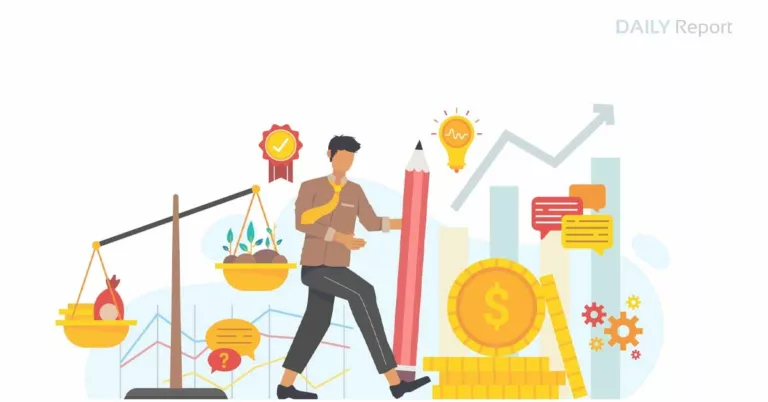Financial Literacy: Key Concepts for a Strong Foundation
In today’s complex and ever-changing financial landscape, it is crucial for individuals to possess a strong foundation of financial literacy. Financial literacy encompasses a range of knowledge and skills that empower individuals to make informed decisions about their money and financial well-being. Whether you’re just starting your financial journey or looking to enhance your existing knowledge, this blog will delve into key concepts that can help you build a robust foundation for financial success. By understanding these concepts, you’ll be better equipped to manage your finances, plan for the future, and achieve your long-term goals.
1. Budgeting: The Building Block of Financial Success
Budgeting is the cornerstone of financial literacy. It involves creating a plan for your income and expenses, ensuring that you allocate your resources wisely and effectively. By developing a budget, you gain control over your finances, track your spending, and identify areas where you can make adjustments to achieve your financial goals. This section will cover the importance of budgeting, steps to create a budget, and tips for sticking to it.
2. Saving and Investing: Growing Your Wealth
Saving and investing are essential components of financial literacy that enable individuals to build wealth over time. Saving involves setting aside a portion of your income for future needs and emergencies. On the other hand, investing involves putting your money into various financial vehicles such as stocks, bonds, mutual funds, or real estate with the aim of generating returns. This section will explore the different types of savings accounts, investment options, risk management, and the power of compounding.
3. Credit and Debt Management: Navigating the Borrowing Landscape
Understanding how credit and debt work is crucial for making responsible financial decisions. This section will delve into the concept of credit scores, how they impact borrowing opportunities and interest rates, and strategies to build and maintain a good credit score. Additionally, it will cover the various types of debt, such as student loans, credit card debt, and mortgages, and provide tips on managing debt effectively to avoid financial pitfalls.
4. Insurance: Protecting Yourself and Your Assets
Insurance plays a vital role in safeguarding your financial well-being and protecting you from unexpected events. This section will discuss the different types of insurance coverage, including health insurance, life insurance, auto insurance, and homeowner’s insurance. It will explain the importance of having adequate coverage, factors to consider when purchasing insurance, and how insurance can provide peace of mind and financial security.
5. Retirement Planning: Securing Your Future
Planning for retirement is a critical aspect of financial literacy that often requires long-term thinking and preparation. This section will explore retirement savings options, such as 401(k)s and individual retirement accounts (IRAs), and the benefits of starting early. It will also address the concept of Social Security and provide guidance on how to create a retirement plan that aligns with your financial goals.
6. Financial Education and Resources: Empowering Yourself
Continuing education and access to reliable resources are essential for staying informed about personal finance. This section will highlight various avenues for financial education, including books, podcasts, online courses, and workshops. It will also emphasize the importance of seeking advice from qualified professionals, such as financial advisors, who can provide personalized guidance based on your individual circumstances.
Conclusion
Financial literacy is not a one-time achievement but an ongoing journey that requires dedication, learning, and adaptation. By grasping the key concepts discussed in this blog, you will have a strong foundation for making sound financial decisions, achieving your goals, and navigating the complexities of the financial world. Remember, financial literacy is not just about accumulating wealth; it’s about gaining control over your financial future and creating a more secure and prosperous life for yourself and your loved ones. So, start your journey today and empower yourself with the knowledge and skills needed to achieve financial success.







